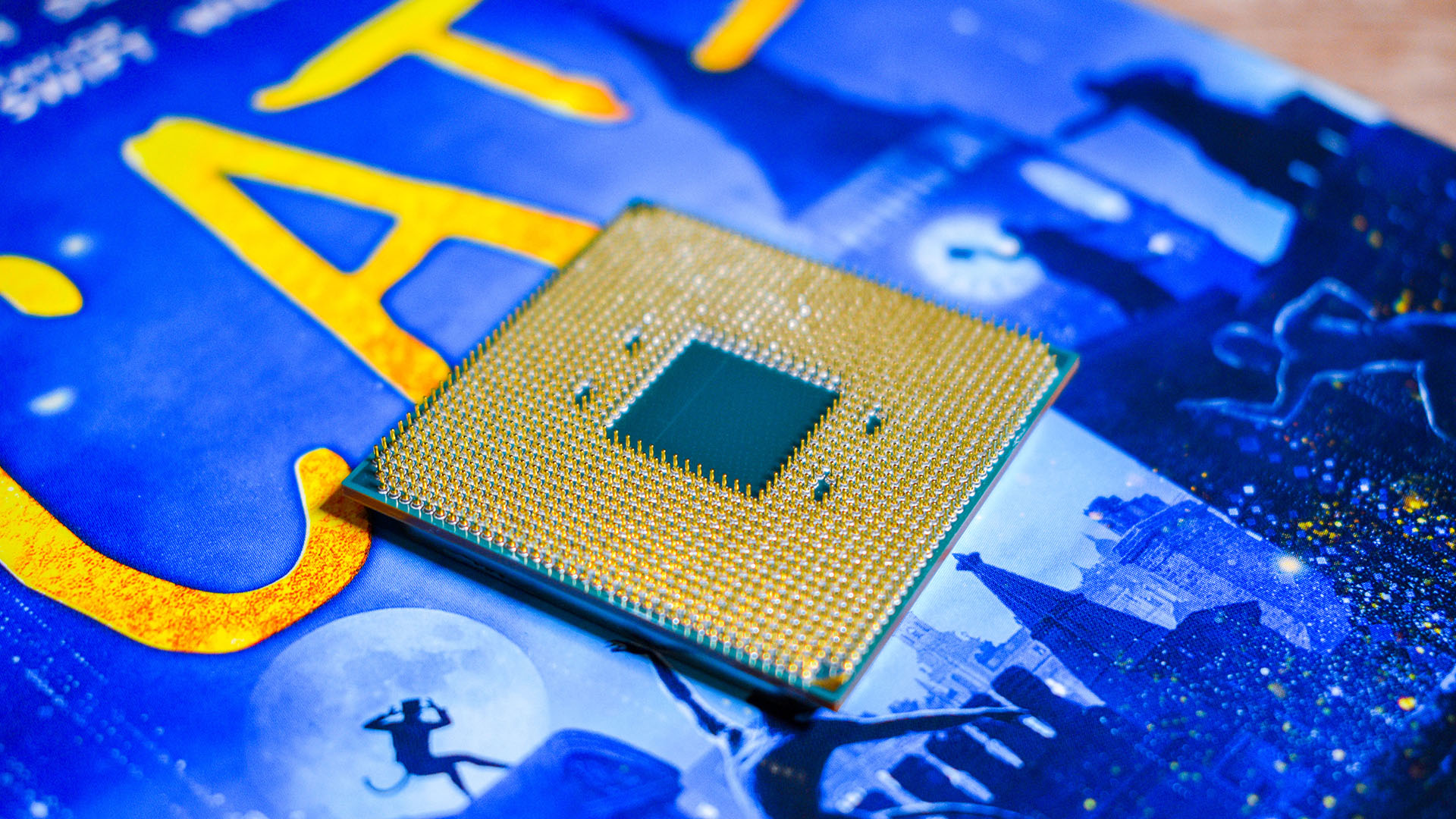AMD won’t have new Ryzen CPUs for 2021, rumor claims – this could be Intel’s big break
It’s purportedly possible that Ryzen 6000 will be Zen 4-based and not coming until 2022

AMD may not be refreshing its range of desktop processors in 2021, and we might not get Ryzen 6000 until 2022, according to fresh speculation.
This is a big rumor – obviously – coming from RedGamingTech, a well-known YouTube leaker, but it must be treated with an equally sizeable portion of skepticism, as admitted by the YouTuber himself in this case.
- Check out all the best graphics cards
- And these are the best PC games
- We'll show you how to build a PC
According to his sources, Zen 3+ (codenamed ‘Warhol’), the incremental refresh of Zen 3 (Ryzen 5000), could have been canned, and instead AMD may skip over releasing these new CPUs in Q4 of 2021 as previously planned – and go straight to Zen 4 silicon instead.
The most recent internal AMD roadmap seen by one source doesn’t have Warhol on it anymore, leading to the belief that Zen 3+ chips may no longer be incoming. Further sources say they wouldn’t be surprised if this was to happen, as they’ve heard little about Warhol of late.
But why?
If this is correct, why would AMD do this? Firstly, the report suggests that the performance increase from shifting to Zen 3+ isn’t huge: something in the order of 3% to 10%, or around 5% to 7% on average, with a relatively modest clock speed increase.
So, AMD’s might go straight to Zen 4, a whole new architecture with a big gain in IPC (instructions per clock), while bringing DDR5 system memory support and other benefits. In short, it would far more meaningful advancement.
The other factors that may come into play with this purported decision are the ongoing chip shortage – which is predicted to persist – and the struggle to get enough Ryzen CPUs out there as it is.
Get daily insight, inspiration and deals in your inbox
Sign up for breaking news, reviews, opinion, top tech deals, and more.
Not only that, but because Ryzen 5000 stock is thin on the ground, AMD could be in a situation where a new release might leave buyers frustrated that they’ve only just made a purchase, due purely to supply issues rather any fault of their own – and it’s last-gen already.
Then again, if there is a slim performance difference between Zen 3+ and current Ryzen 5000 processors, buyer’s remorse would be at least minimized. Or perhaps folks would just abandon the idea of Ryzen 5000 and wait for Ryzen 6000 – potentially only to run into similar launch stock issues. All of this is just theorizing, of course.
Respect your Alders
At any rate, even relatively slim gains from Zen 3+ could be important for AMD, as Intel has its biggest change in CPUs in ages coming in the form of Alder Lake which is set to debut later in 2021.
Granted, Alder Lake remains something of an unknown quantity because it is such a departure for Intel. Not only do the 12th-gen CPUs finally move to 10nm, but they bring in an entirely new ARM-style big.LITTLE way of working with standard CPU cores matched alongside low-power (efficient) cores.
How this scheme of things will pan out for desktop CPUs is still unclear, but if rumors are to be believed, it could offer major gains compared to Rocket Lake. And that being the case, can AMD afford to skip Zen 3+, as this latest rumor suggests?
It’s possible to imagine a scenario where that decision leaves the door open for Intel and Alder Lake, which is supposedly coming as early as September 2021. But let’s not get carried away and remember that ditching Zen 3+ is just a rumor, and one that even the sources are saying is only a possibility, not something that’s necessarily happening.
- Intel vs AMD: which is best?
Via PC Gamer
Darren is a freelancer writing news and features for TechRadar (and occasionally T3) across a broad range of computing topics including CPUs, GPUs, various other hardware, VPNs, antivirus and more. He has written about tech for the best part of three decades, and writes books in his spare time (his debut novel - 'I Know What You Did Last Supper' - was published by Hachette UK in 2013).